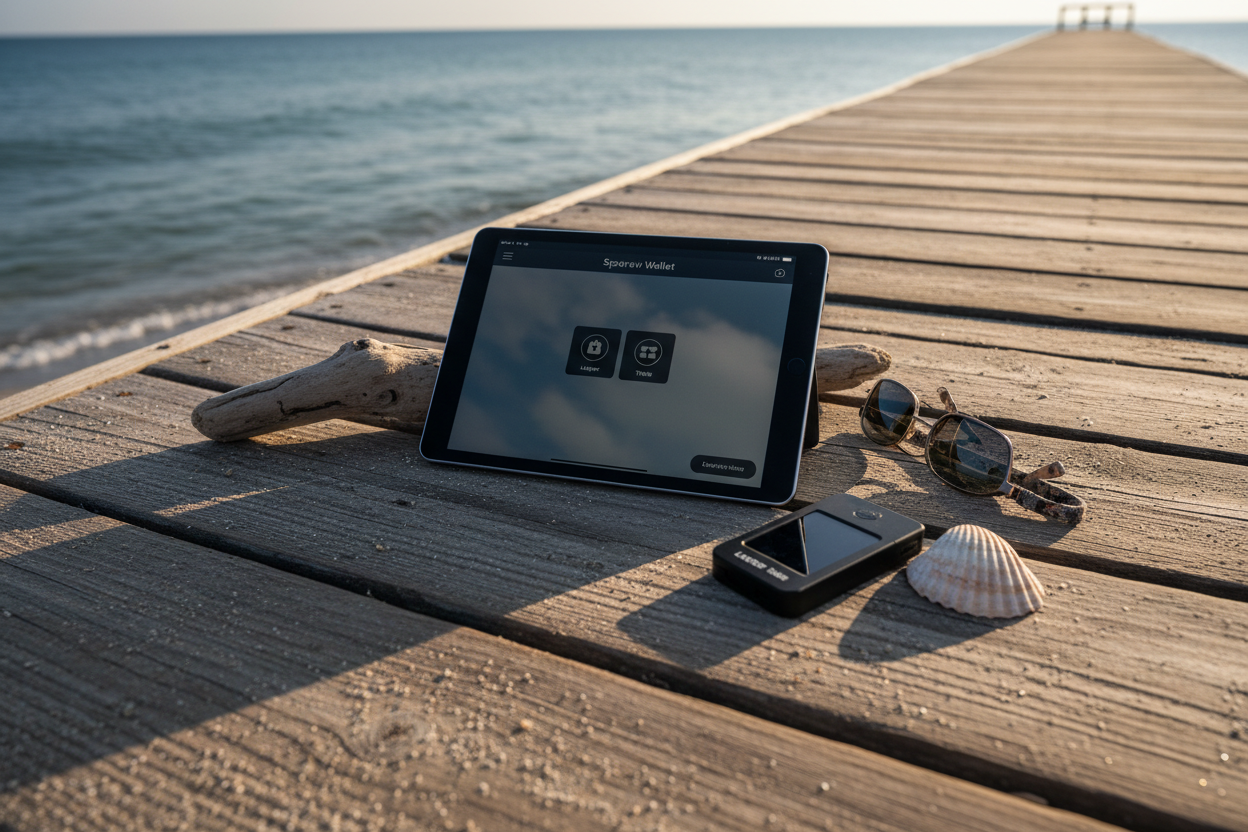Looking for a crypto wallet that’s both powerful and easy to use? You’re not alone—2025 is shaping up to be the year of multi-chain wallets. Unity Wallet has been generating buzz as a next-gen contender, promising seamless asset management across blockchains. But how does it really compare to established giants like Trust Wallet and MetaMask? Let’s dive into this Unity wallet review and see if it lives up to the hype!

Why Unity Wallet Is Turning Heads in 2025
The crypto world is evolving fast, and so are our expectations for wallets. While Trust Wallet is lauded for its multi-chain support and mobile-first design, and MetaMask dominates Ethereum DeFi, Unity Wallet is carving out its own niche. Its mission? To make managing assets across different chains as smooth as possible—even for beginners.
Mainstream adoption demands more than just security; it’s about simplicity and flexibility too. Unity’s interface feels modern, with an onboarding process that’s refreshingly frictionless. No more clunky seed phrases—Unity uses advanced key management options (think biometrics and social recovery) without compromising on self-custody.
Unity vs Trust Wallet vs MetaMask: Feature Showdown
Unity Wallet vs Trust Wallet vs MetaMask: Feature Showdown
-
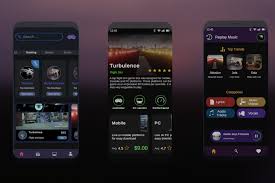
Unity Wallet: Multi-chain support for Ethereum, BNB Chain, Polygon, and more. User-friendly interface with built-in token swaps and NFT management. Emphasis on security with non-custodial storage and biometric authentication.
-
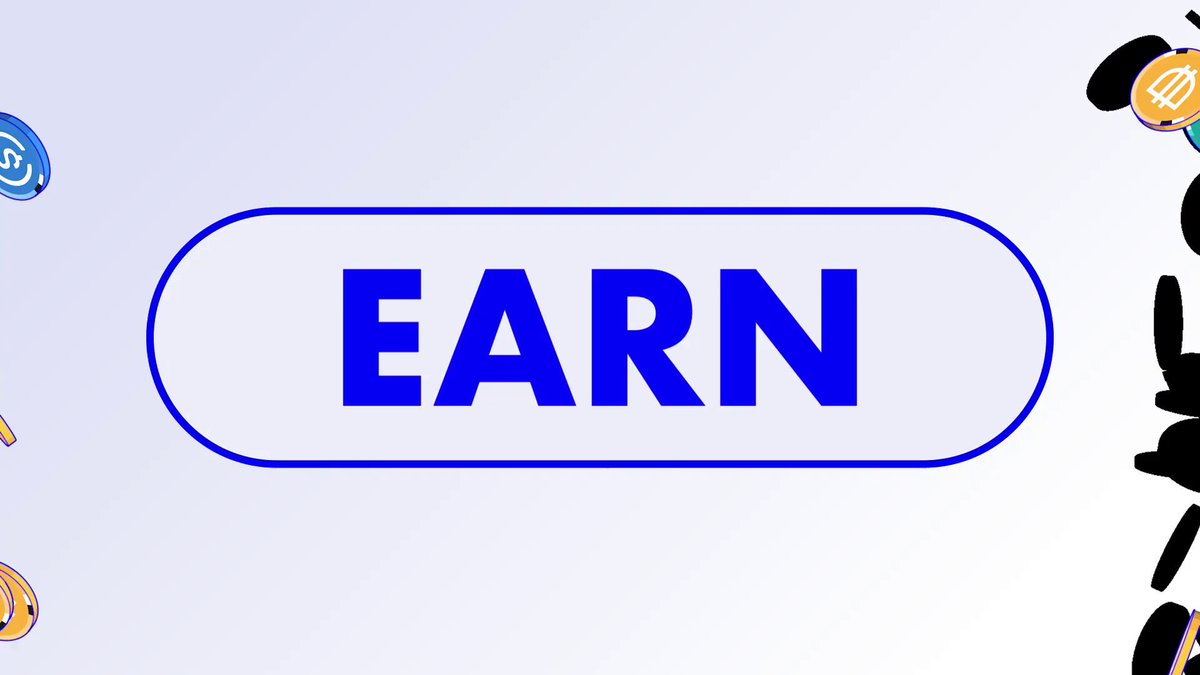
Trust Wallet: Extensive blockchain compatibility (70+ blockchains supported). Integrated staking for earning rewards, plus direct in-app DApp browser for DeFi and NFTs. Owned by Binance, ensuring strong community and development support.
-

MetaMask: Leading Ethereum and EVM-compatible wallet with robust browser extension and mobile app. Seamless DApp integration and custom network support. Open-source codebase and wide adoption in the Web3 ecosystem.
The real question isn’t just “is Unity secure?” but “how does it stack up against the best?” Here’s where things get interesting:
- Multi-Chain Mastery: Like Trust Wallet, Unity supports dozens of networks—BTC, ETH, Solana, Polygon, BNB Chain, even emerging L2s. MetaMask still leans heavily into Ethereum and EVM chains.
- User Experience: If you’ve ever fumbled through MetaMask’s browser extension or felt lost in Trust Wallet’s menus, Unity’s clean dashboard will feel like a breath of fresh air.
- NFT & DeFi Integration: NFT collectors will love Unity’s gallery view (a step up from MetaMask), while DeFi users can interact with dApps directly thanks to built-in browser support.
- Security Innovations: Both Trust Wallet and MetaMask are non-custodial—but only Unity lets you set custom security rules (like transaction limits or geo-locking) right from the app.
Diving Into Security: How Safe Is Your Crypto?
No wallet review would be complete without talking security. With hacks on the rise, features like encrypted local storage and open-source code matter more than ever. While some Redditors have raised concerns about closed-source wallets (looking at you, Trust Wallet!), Unity counters with transparent audits and community bug bounties.
A unique edge? Unity offers optional multi-factor authentication—something still missing in many mainstream wallets. And if you’re worried about losing access? Social recovery means your trusted contacts can help restore your funds without exposing your keys to third parties.
Let’s not gloss over the reality: security is only as strong as its weakest link. Unity Wallet’s approach of blending biometric unlocks, custom security rules, and social recovery sets a new standard for user protection. Power users will appreciate granular controls—like transaction whitelists and location-based restrictions—while newcomers benefit from an intuitive onboarding flow that demystifies private key management.
Day-to-Day Use: Fees, Speed & DApp Access
One of Unity Wallet’s biggest wins is its seamless dApp browser integration. Unlike MetaMask (which shines on desktop) or Trust Wallet (which sometimes buries features under layers of menus), Unity puts DeFi, staking, and NFT minting front-and-center. Transaction fees? They’re transparent, with real-time estimates before you hit send—no more nasty surprises.
Speed matters too. Thanks to optimized RPC endpoints and a snappy mobile app, Unity keeps lag to a minimum—even when networks are congested. Whether you’re swapping tokens on Uniswap or bridging assets between chains, the process feels frictionless.
Unity Wallet vs Trust Wallet vs MetaMask: Feature Comparison
| Feature | Unity Wallet | Trust Wallet | MetaMask |
|---|---|---|---|
| Supported Blockchains | Multi-chain (Ethereum, BNB Chain, Polygon, Solana, more) | Multi-chain (Ethereum, BNB Chain, Polygon, more) | Primarily Ethereum & EVM chains |
| NFT Support | Yes (built-in gallery) | Yes | Yes |
| Browser Extension | Yes (Chrome, Firefox) | No | Yes (Chrome, Firefox, Edge, Brave) |
| Mobile App | Yes (iOS & Android) | Yes (iOS & Android) | Yes (iOS & Android) |
| Security Options | Biometric unlock, PIN, open-source code | PIN, biometric unlock | Password, biometric unlock, open-source code |
| In-app Swap | Yes | Yes | Yes |
| Staking | Yes (selected assets) | Yes (selected assets) | Limited |
| User Ratings (App Stores) | 4.6 ⭐️ | 4.5 ⭐️ | 4.4 ⭐️ |
| Open Source | Yes | Partially | Yes |
| Hardware Wallet Support | Planned | No | Yes (Ledger, Trezor) |
Community Buzz & Real-World Feedback
Crypto Twitter has been abuzz with hot takes about the next big thing in wallets. Influencers praise Unity for lowering the barrier to entry without sacrificing control. Meanwhile, some power users still swear by MetaMask for complex DeFi strategies—but admit Unity’s UX is hard to beat for everyday use.
Reddit threads echo similar sentiments: while open-source purists remain cautious about any wallet that isn’t 100% transparent, most agree that Unity’s security audits and responsive dev team inspire confidence. The consensus? If you want a wallet that “just works” across chains—and keeps your assets safe—Unity is worth a serious look.
Is Unity the Best Multi-Chain Crypto Wallet in 2025?
If you’re hunting for the best multi-chain crypto wallet, it really comes down to your priorities:
Unity vs Trust Wallet vs MetaMask: Pros & Cons for Every User
-
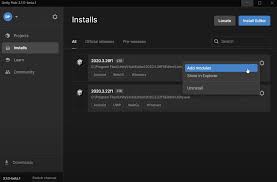
Unity Wallet: Pros: Intuitive interface, supports multiple blockchains, and offers in-app staking. Cons: Newer to the market, fewer integrations than MetaMask or Trust Wallet.
-
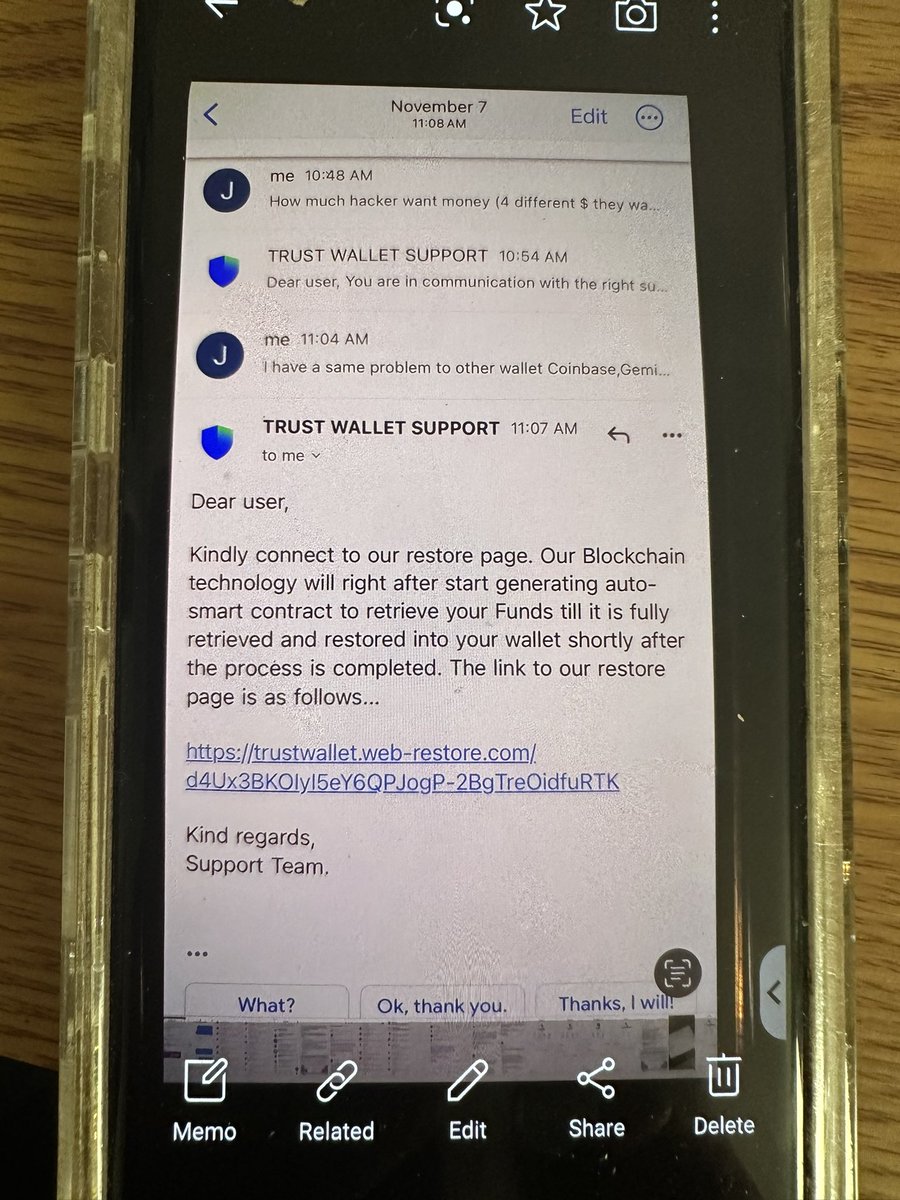
Trust Wallet: Pros: Huge token support, built-in DApp browser, and strong backing from Binance. Cons: Limited desktop support, some users report slow customer support.
-
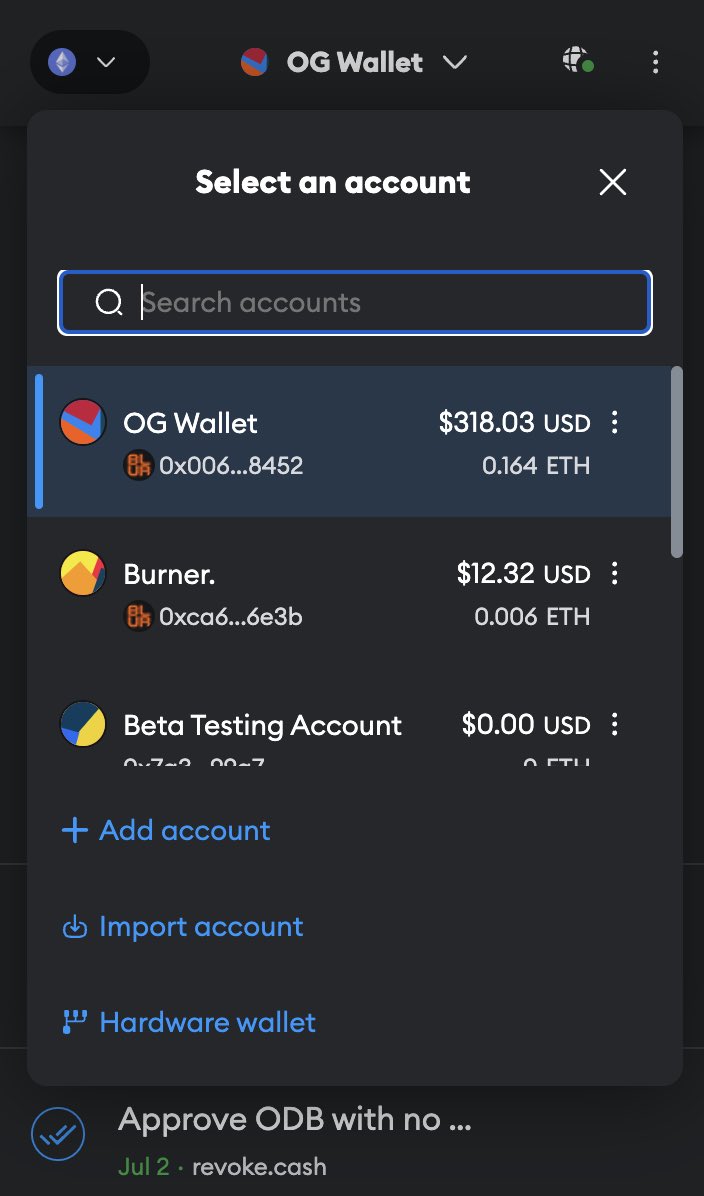
MetaMask: Pros: Leading choice for Ethereum and EVM chains, robust browser extension, and vast DApp compatibility. Cons: Primarily supports EVM chains, mobile app less feature-rich than desktop.
Unity shines if you value simplicity plus robust security—and want one wallet for all your assets. Trust Wallet remains great for mobile-first users who need broad token support fast. MetaMask still rules Ethereum DeFi on desktop but lags behind in cross-chain ease-of-use.
No matter where you land in the debate over Unity vs Trust Wallet vs MetaMask, what’s clear is that 2025 belongs to wallets that make crypto accessible without trade-offs. The future is multi-chain—and with smart design choices like those found in Unity Wallet, onboarding into Web3 just got a whole lot easier.






